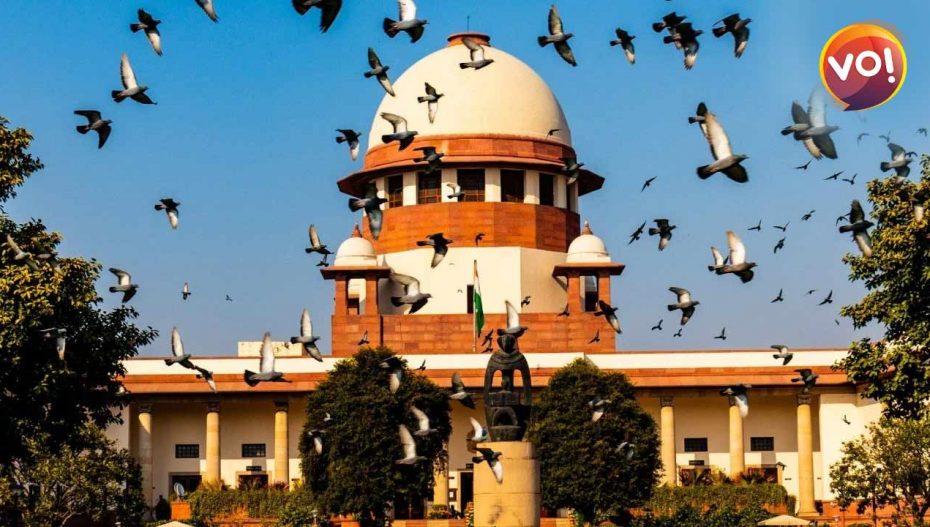The Supreme Court of India on Monday rejected petitions challenging the constitutional validity of the 42nd Amendment, which added the words ‘secular’ and ‘socialist’ to the Preamble of the Constitution during the Emergency in 1976. The court stated that these terms have gained widespread acceptance, with their meanings clearly understood by the people of India.
A bench comprising Chief Justice of India Sanjiv Khanna and Justice Sanjay Kumar ruled that Parliament’s power under Article 368 to amend the Constitution extends to the Preamble. It dismissed the argument that the words could not be added retrospectively to the original Preamble, which had a cut-off date of 26 November 1949.
“The fact that the Constitution was adopted on November 26, 1949, does not restrict Parliament’s power to amend the Preamble under Article 368,” the bench stated. The court further noted that accepting the argument against retrospectivity would equally challenge amendments to other parts of the Constitution, despite Parliament’s established authority under Article 368.
Declining to issue notices on the petitions, the bench observed that the arguments presented were fundamentally flawed. “The writ petitions do not require detailed adjudication as the flaws and weaknesses in the arguments are obvious and manifest,” it said.
The judgement acknowledged that the Constituent Assembly initially chose not to include ‘socialist’ and ‘secular’ in the Preamble, but emphasised that the Constitution is a living document. Parliament, it noted, has the authority to amend the Preamble in accordance with Article 368.
Addressing ‘secularism’, the court explained that the term was deemed imprecise in 1949, with some scholars interpreting it as anti-religion. Over time, however, India has developed its own understanding of secularism, in which the State neither favours nor penalises any religion. This principle is reflected in Articles 14, 15 and 16 of the Constitution.
On the inclusion of ‘socialism’, the court clarified that it should not be construed as limiting the economic policies of any elected government. Instead, it signifies the State’s commitment to being a welfare State. The court referenced the majority decision in the nine-judge bench ruling in Property Owners Association and Others v. State of Maharashtra and Others, which upheld the flexibility of the Constitution to accommodate economic governance structures that align with government policies accountable to the electorate.
The Supreme Court also dismissed concerns regarding the Emergency context of the 42nd Amendment. It pointed out that the issue was debated in Parliament during the consideration of the Forty-Fifth Amendment Bill in 1978, later renumbered as the Forty-Fourth Amendment Act.
The court questioned the timing of the petitions, noting that they were filed in 2020, 44 years after the addition of the terms to the Preamble. It stated that ‘socialist’ and ‘secular’ have become integral to the Preamble without impeding legislation or policies, as long as these do not violate fundamental rights or the Constitution’s basic structure.
Also Read: Gujarat Cracks Down 3,000 on Repeat Helmet Law Violators










